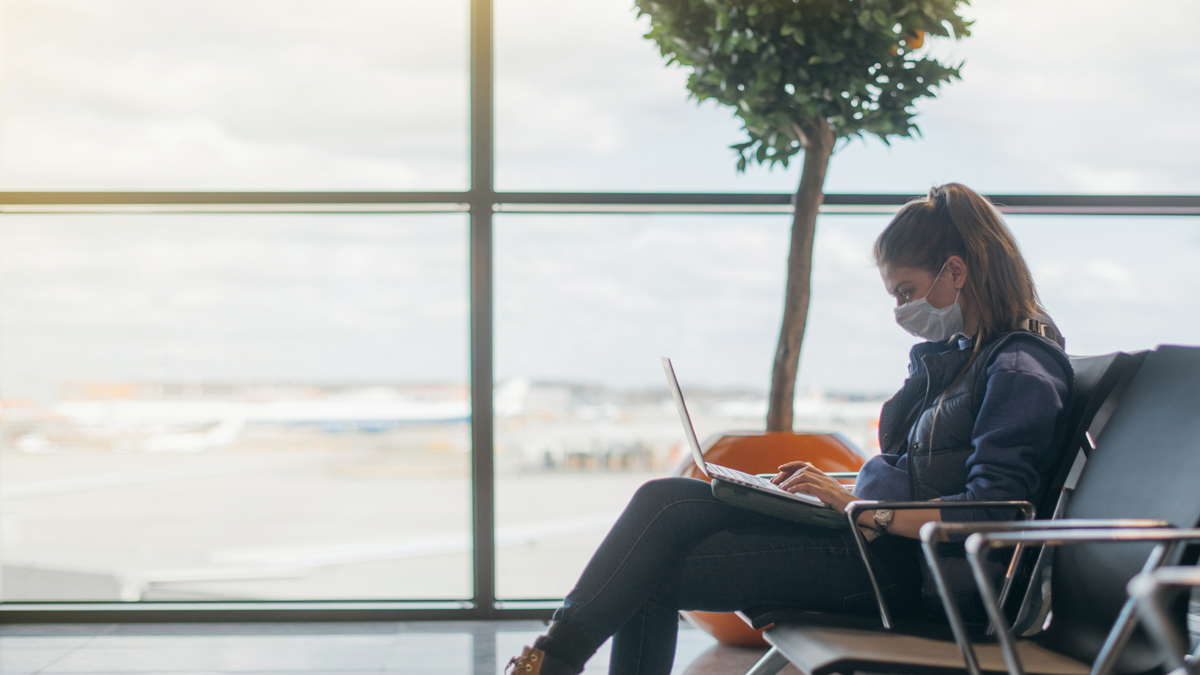UK trials digital 'health passport' to help borders reopen

Regular fliers are used to long queues to clear security – but a rigorous COVID-19 testing regime could be added to pre-flight checks backed by a digital “health passport” to prove passengers are free from the coronavirus.
The UK is the latest country to test the scheme that allows passengers to demonstrate their coronavirus status as part of a global framework for COVID-safe air travel.
Backed by the World Economic Forum, the CommonPass system is being trialled with a small number of passengers flying from the UK to the US.
There are other initiatives to use digital technology to prevent the spread of coronavirus through air travel: Switzerland's ender diagnostics is working with Swiss International Airlines, a subsidiary of Lufthansa, on a system providing rapid molecular tests for cabin crew.
But The Guardian noted that there are concerns over the sensitivity and specificity of the tests in some countries and fears over greater monitoring of people’s movements.
The digital pass was created by the Commons Project, which received startup funding by the Rockefeller Foundation two years ago.
The trial will apply for passengers flying from Heathrow to Newark on a United Airlines flight on Wednesday.
Tests from the private company Prenetics will be administered by travel and medical services firm Collinson, with testing facilities set up with Swissport.
A QR code that can be scanned by airlines staff and border officials is produced if the test comes out negative.
It’s unclear how passengers can secure a refund in the event of a positive test and airlines will pay CommonPass for the service.
The scheme has already been piloted on Cathay Pacific flights between Hong Kong and Singapore.
CommonPass CEO Paul Meyer told The Guardian that countries that have closed borders and imposed quarantines are looking to “thoughtfully reopen” their borders.
He noted that that certain countries require paper-based evidence of a yellow fever vaccination, and this would work in a similar way but based on digital technology.
Meyer said digital proof of a coronavirus vaccination could soon be required to travel for “the foreseeable future.”
But there are issues: the BMJ pointed out that the polymerase chain reaction (PCR) tests commonly used to identify whether the virus is present do not show whether someone is infectious.
Most arrivals to the UK have to quarantine for a fortnight, with only around 45 countries on the “travel corridor” list that does not require quarantine.












